17
July
2020
Share on networks
The EU approves the cross-border Mediterranean 5G Corridor between Catalonia and France
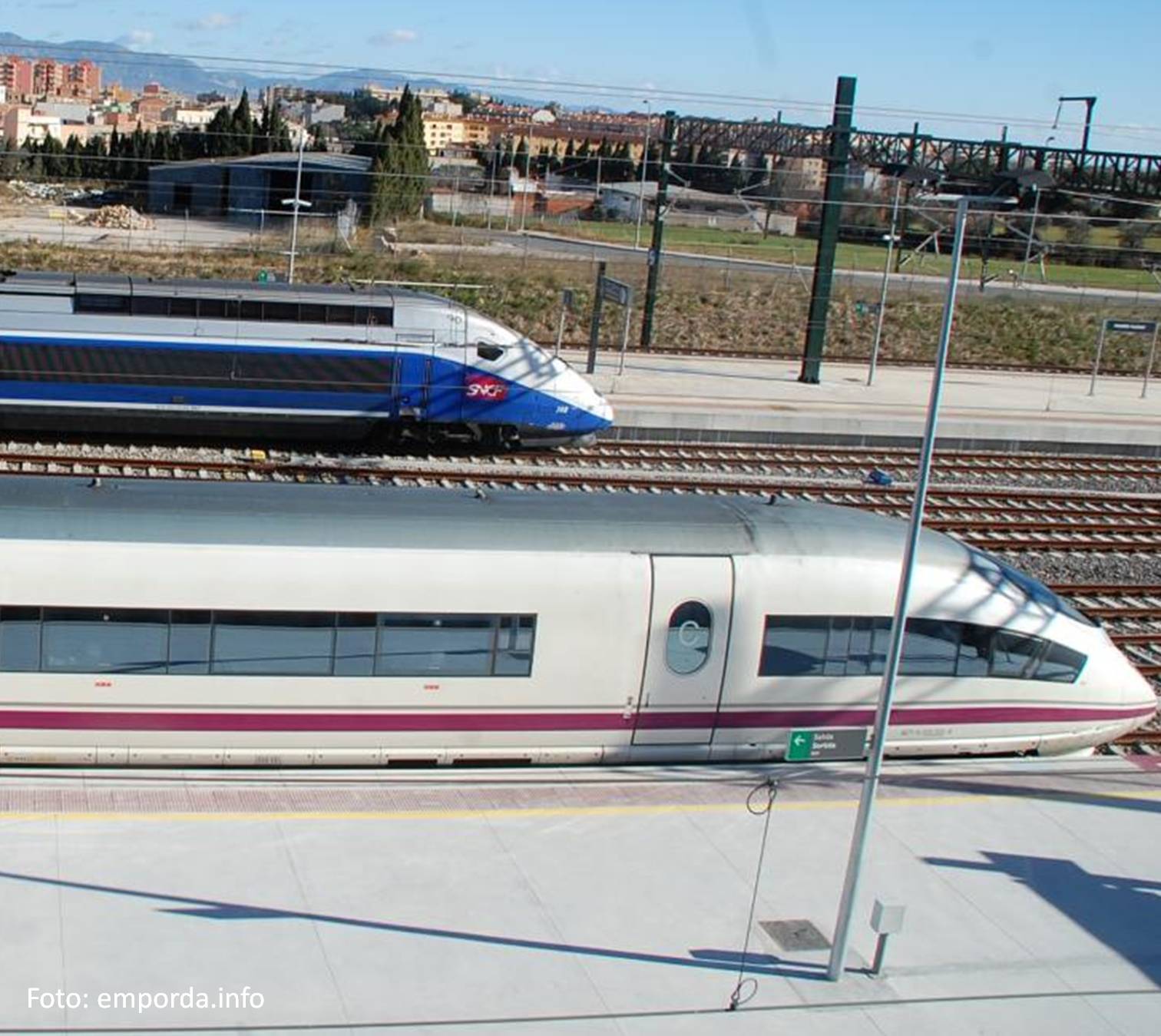
● It is one of the three pilot programs chosen by Brussels to develop 5G technology in road and long-distance rail transport.
● The 5GMed Corridor project is promoted by a consortium made up of 21 entities, companies and technology centers from six states.
The European Commission has recently announced the approval of the Mediterranean 5G Corridor project, boosted by the Generalitat of Catalonia and the government of the Occitania region, and promoted by a consortium of 21 entities, companies and technology centers from six European states, to develop a cross-border corridor and conduct tests with autonomous and connected vehicles. The tests will take place on the highway and on the railway section between Figueres and Perpignan. Among the entities promoting the project ther are Cellnex, Abertis, Vodafone, FGC and the French rail manager SNFC.
The 5GMed Corridor project has a global investment of 16 million euros, of which 75% will be financed by the European Commission. It will be launched next September and will run until November 2022. It is one of the three pilot programs chosen by Brussels to develop 5G technology in road and long-distance rail transport.
Catalan Government sources have highlighted that the Mediterranean 5G Corridor is a great opportunity for Catalonia’s future, for its economy and, specifically, for the automotive sector, with a long tradition in our country, which will strengthen it competitively and strengthen it through of digitization. In this sense, they highlight that Catalonia can be one of the digital hubs in Europe and that the Mediterranean 5G Corridor will be one of the infrastructures that will make it possible, with the aim of becoming the World Capital of 5G technology to lead the mobility of the future, as it happens with the mobile.
The 5GMed Corridor wants to bring a sustainable deployment model of 5G for the mobility of the future to the Mediterranean Corridor and to develop automated remote driving systems on motorways and intelligent management of railways, as well as the development of 5G in navigation and reality systems. virtual, both for trains and cars.
The project has had at all times the impulse and support of the Department of Digital Policies within the framework of the Catalonia’s 5G Strategy, which the Catalan Government approved a year ago now, coinciding with the Mobile World Congress.
Related news
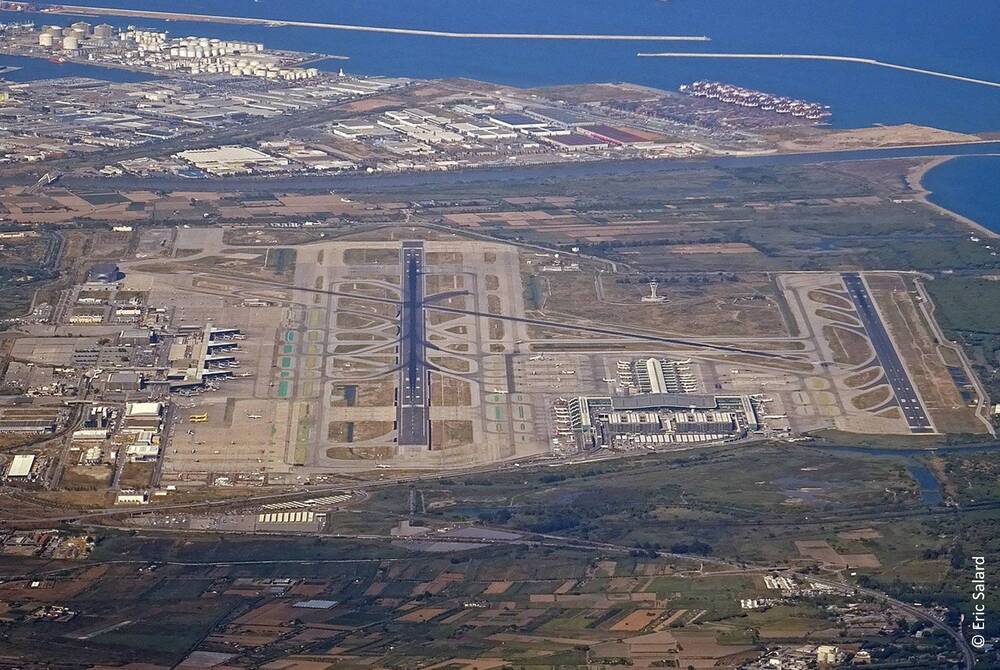
El Prat airport expansion gets green light: €3.2 billion to be invested to reach 70 million passengers
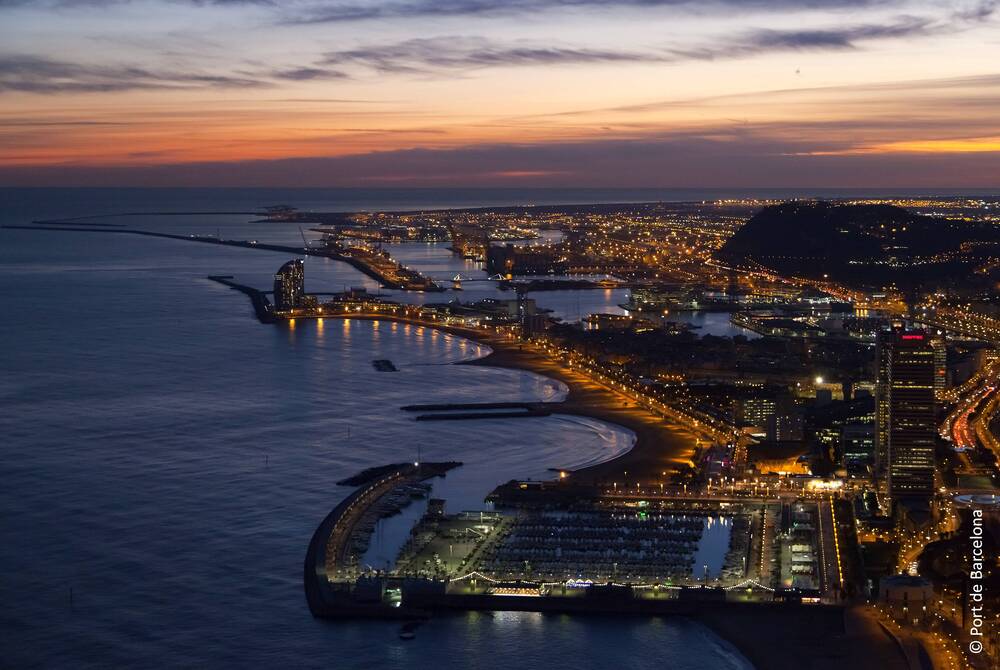
Barcelona among top five start-up hubs in European Union for second year in a row
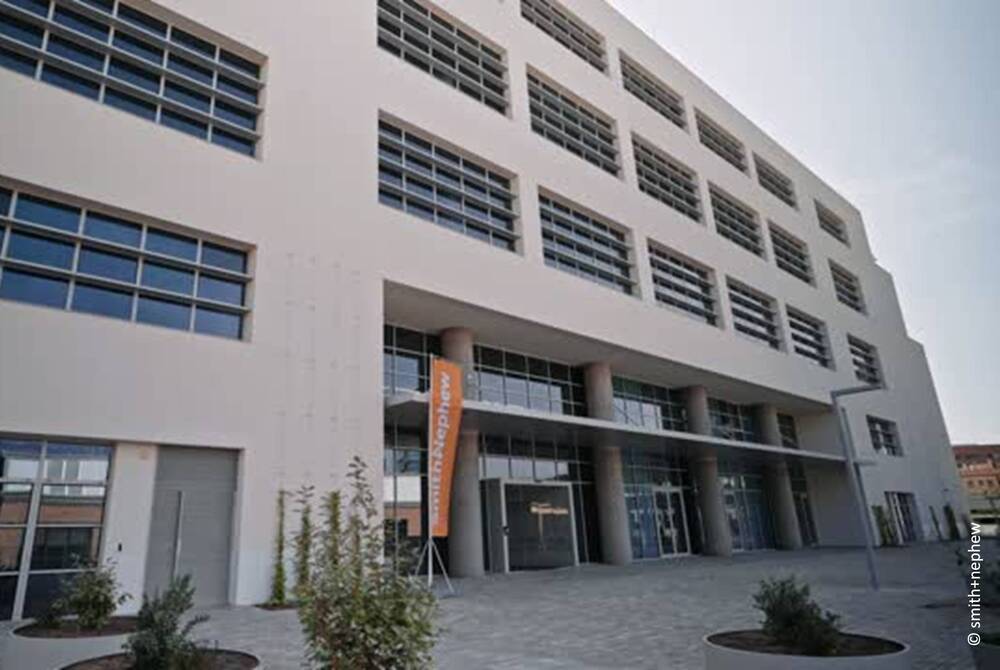
New Smith+Nephew Barcelona Campus consolidates Catalonia as European benchmark in healthcare innovation

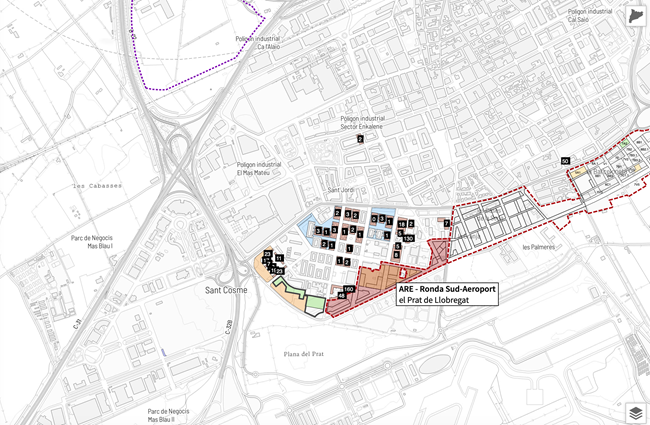
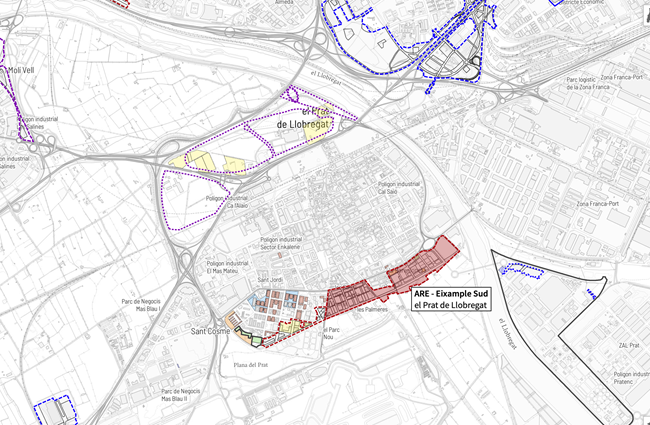
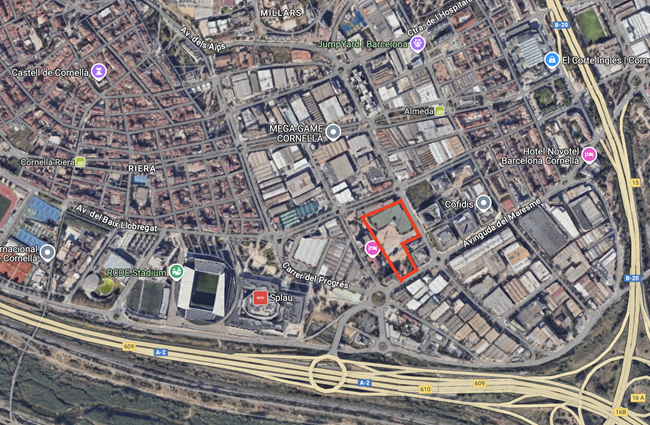

Subscribe our Newsletter
Subscribe
Follow us on social